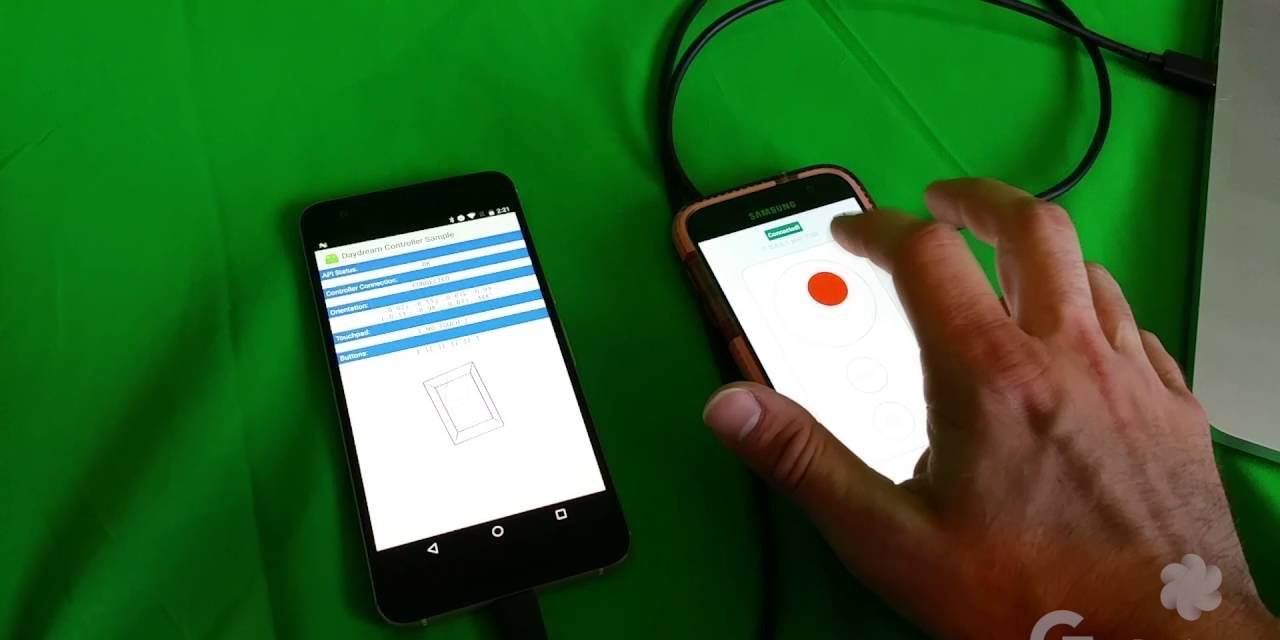One week to go before Google has their big announcement showcase on 4 October. Either as an unrelated event or probably linked, they have also released the Daydream SDK in full. No longer in Beta, developers can now download the development kit and begin working on new apps for the program. As an added bonus, there is confirmation of a Daydream-powered headset on the horizon.
Daydream SDK’s capabilities
Image courtesy: slashgear.com
Google made the announcement on their development blog on 22 September. Nathan Martz, Google VR product manager, wrote about the many potential applications of the Daydream SDK in this post. “Our updated SDK simplifies common VR development tasks so you can focus on building immersive, interactive mobile VR applications for Daydream-ready phones and headsets, and supports integrated asynchronous reprojection, high fidelity spatialized audio, and interactions using the Daydream controller.”

Image courtesy: androidcentral.com
The main attraction is the native integration with both Unity and Unreal. Both of these game engines are massively popular for the low cost and the flexibility both provide. Users should probably expect high-quality VR gaming options on Daydream when the consumer version launches later this year.
The hints at more

Image courtesy: chartboost.com
More intriguing to consumers is the information at the bottom half of the development blog. Martz writes, “While the first Daydream-ready phones and headset are coming this fall, you can start developing high-quality Daydream apps right now with the Google VR SDK 1.0 and the DIY developer kit.”

Controller for Daydream VR. Image courtesy: vrdb.com
“When you create content for the Daydream platform, you know your apps will work seamlessly across every Daydream-ready phone and headset. Daydream is just getting started, and we’re looking forward to working together to help you build new immersive, interactive VR experiences. Stay tuned for more information about Daydream-ready phones and the Daydream headset and controller coming soon.”

Image courtesy: twistedreality.com
There you have it, there is a Daydream-powered VR headset coming this year. Even better, a proprietary controller is coming along with it. What is most interesting however is the separation between Daydream-powered phones and VR headsets. This has potentially exciting implications. Maybe we will have a big contender to the Rift and Vive from Google. However, it is more likely that this is in relation to the patent news related to Daydream that was released last week. No matter what is announced, expect speculation and analysis to start ramping up until next week’s announcement.
Sources: bit-tech.net, developers.googleblog.com







